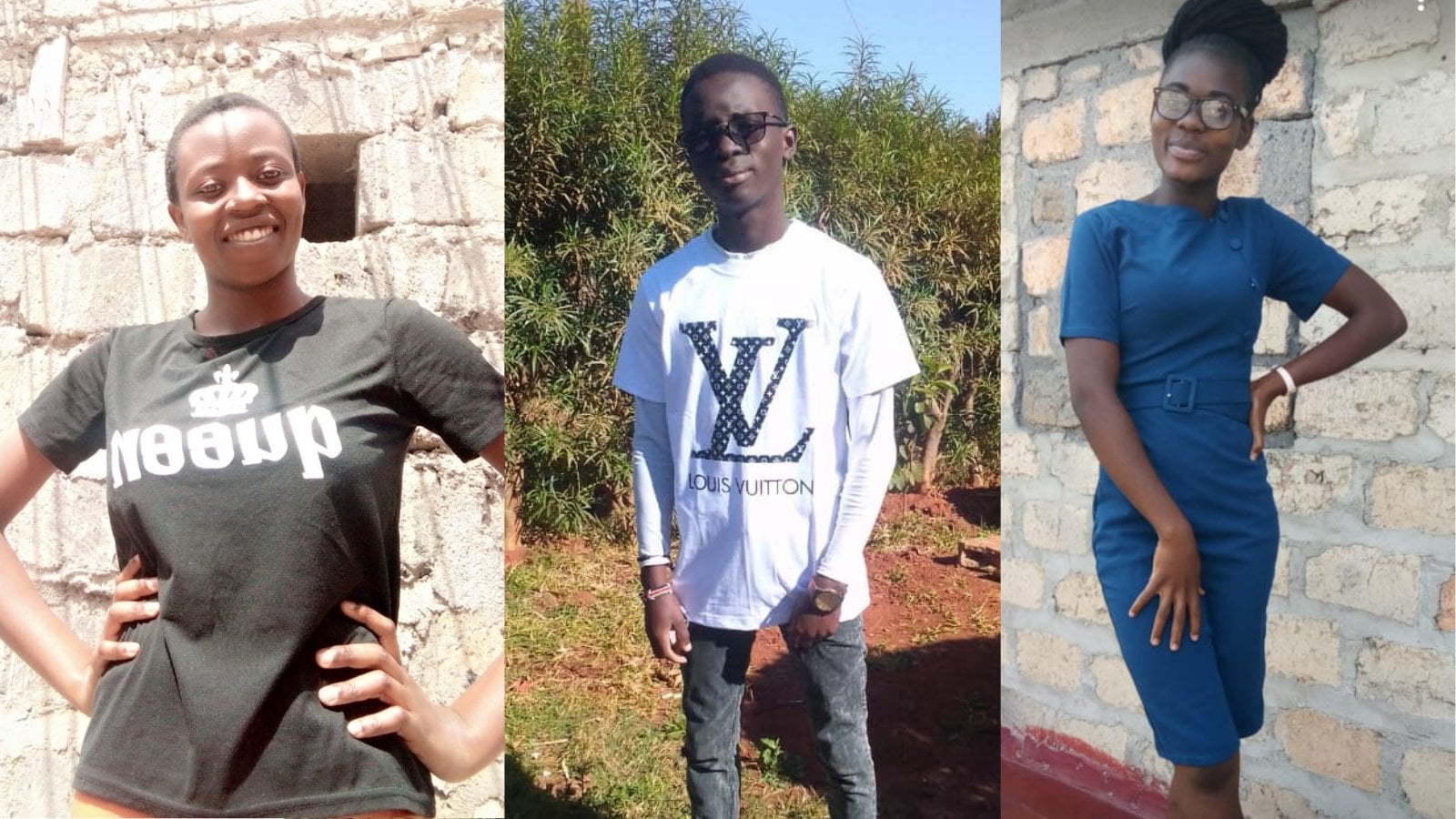How does the COVID-19 pandemic affect the lives of children across the world? And which effects does it have on violence against children in particular? These were the main questions addressed in a High-level Side Event hosted by the Un Special Representative on Violence against Children Dr. Najat M. M’jid in the 76th UN General Assembly on 22 September 2021.
Kabwe (17 years, Zambia), Micah (18 years, Zambia) and Grace (18 years, Kenya), all members of Dialogue Works Children Advisory Committees (CAC), participated in this event and shared their experience. With regard to the impact of the pandemic on violence against children the three youth representatives explained that children face manifold forms of violence, including physical, emotional but also sexual violence due to the lockdowns and the closure of schools. Many children have started to work to compensate for income or job losses of their parents due to the pandemic and are exposed to high risks of exploitation and violence as explained by Micah. The children also explained how their Children Advisory Committees have taken action to support children and families during the crises. They have, for instance started a dialogue with local stakeholders to communicate their messages.
“If you want children to stop working, parents need fair wages to be able to feed the family.”
Grace, 18 years old from Kenya, serves as a waiter in a hotel
“If a girl is working in the streets to sell goods, she is in danger of being violated sexually. This must come to an end!”
Micah, 18 years from Zambia, doing her own business of selling rice
“We want politicians to leave no child behind. We need effective measures to protect working children from violence.”
Kabwe, 17 years from Zambia, sells scones for his mother
Dialogue Works aims to create spaces and dialogues for working children and youth to express their perspectives on the complex discussions around child labour. Children Advisory Committees around the world identify issues related to child labour like access to education, end of poverty – or violence against children. It is important to include the views and voices of working children in local to global policy events to achieve a meaningful particpation of the ones most affected and jointly find sustainable and inclusive solutions and ways forward.
We thank the UNSRSGVAC Dr. Najat M. M´jid for giving the space to working children to speak out and for her promise to further dialoguing with working children worldwide.
